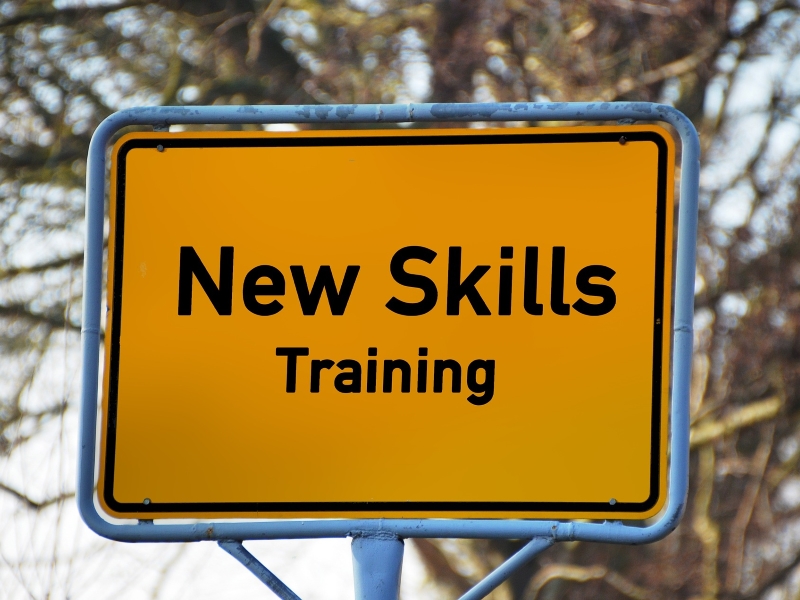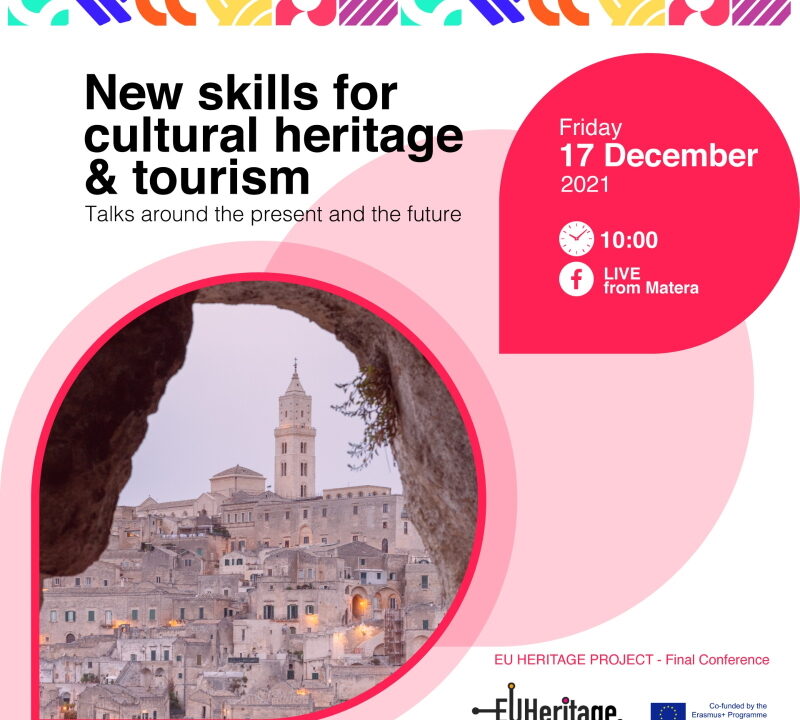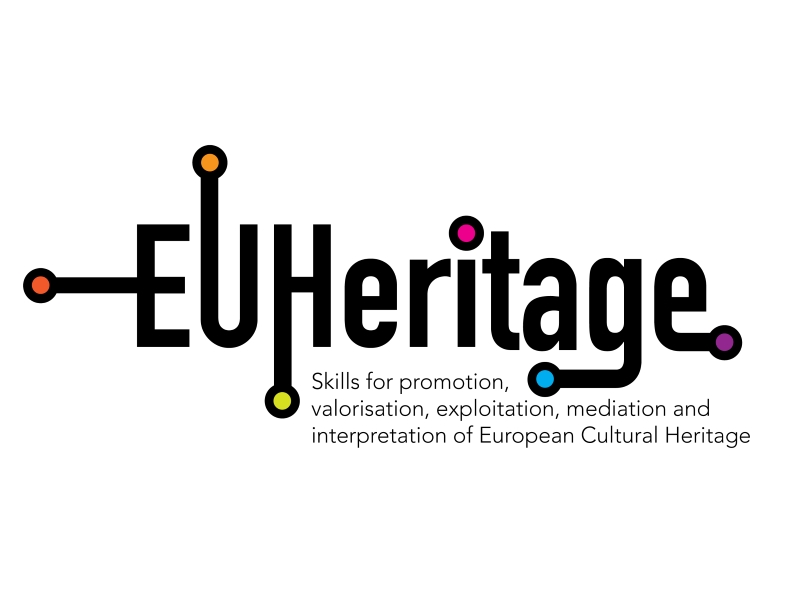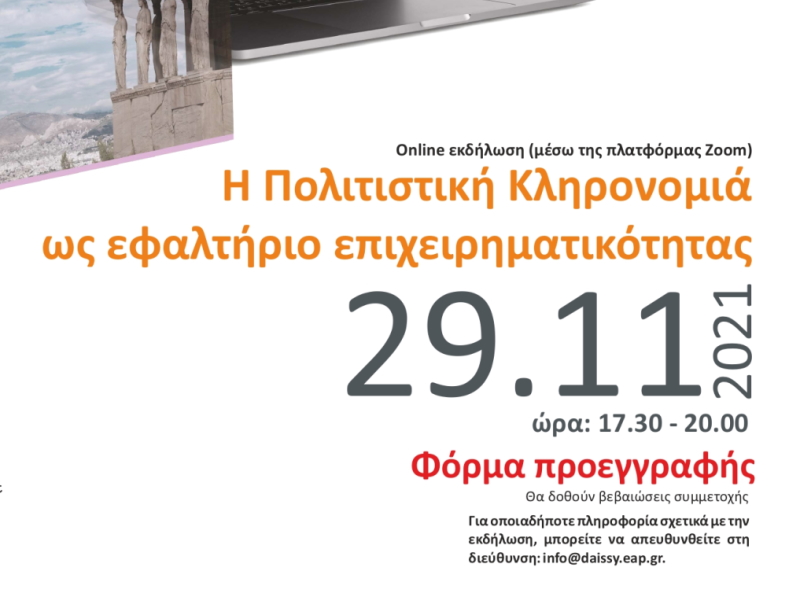A preview of the main findings of our research on the skills profile and training programmes for cultural heritage managers
During the past months, EU Heritage partners have conducted a research to identify the skills and needs in the cultural heritage sector and other related industries, in order to elaborate a skills profile for cultural heritage managers and other professionals who are active in the heritage promotion, valorisation, exploitation, mediation and interpretation. The research was carried out from February to September 2019, and included three main activities: desk research to map training programmes and activities, quantitative research (survey) and qualitative research (interviews with experts and policymakers). Here we present some of the main findings of this research work. The final research report will be published soon.
A total of 384 training programmes and activities from 28 countries were mapped in the desk research conducted by EU Heritage partners. According to this mapping, regarding the organization type providing training programmes on cultural heritage, the most common is the educational institution (82%) – universities, colleges, etc. The organizations providing training in partnership are found in only 7% of the cases. In general, partnerships are established between higher education institutions and public or private organizations, international institutes and NGOs. Concerning the type of organizations providing training, over 70% belong to the public sector, while 30% are private enterprises. The target groups aimed by the training providers include students and professionals but the courses are mainly organized for students (in the 68% of the cases).
Approximately half (49%) of the mapped training programs concerns the Area Management and Organization category, 20% of the programs can be included in the Cross-sectorial group (Combined Art Studies, Contemporary Art Practices, Tour Guide Certification Program, MA in Tourism, Research and Exploitation of Cultural Heritage), while 17% approach the Area Communication and Media. The remaining 14% targets the Area Innovation category. Training providers offer courses developing skills, competences and abilities in management (31%), cross-sectorial (26%), innovation and digital (16%), communication and media (14%) and in other sectors (13%).
Following the desk research, an online survey was conducted between May and July 2019, and 271 responses were received. The analysis of these responses shows that, according to cultural heritage professionals, the most relevant skills in the sector are: communication skills (96%), problem solving skills (94%), flexibility and adjustment (91%) or creativity and conceptual capacity (89%).
For the heritage promotion area, a 76% of the respondents expressed they would like to improve outreach and community involvement skills; a 72%, network building skills; a 66%, marketing skills, and 63%, social media skills. In the area of heritage valorisation, a 76% of respondents would like to improve community engagement skills and education processes involving people of different ages and abilities; while a 64% are interested in further developing their fundraising skills, and a 61%, their presentation skills. For the heritage exploitation area, a 78% of the respondents would like to improve know-how to innovate skills; a 76%, community and curatorship skills; a 66%, management skills, and a 58%, funding skills. Finally, in the area of mediation and interpretation, a 71% of the respondents want to further develop their digital skills; a 69%, advocacy-aimed and decision-making skills, and a 57%, skills related to co-ownership of sites/heritage.
Concerning the main obstacles for the respondents that have not participated in a training program, the most mentioned ones are: lack of time, lack of detailed information about courses and training programmes, lack of money or the fact that they did not know where to look for training to develop these skills. Only a 12% of the respondents mentioned that they were not interested to participate in a training programme.
This is just a sneak peak of the findings of the EU Heritage research. We invite you to follow the project’s website and social media for the full report to be published soon:





